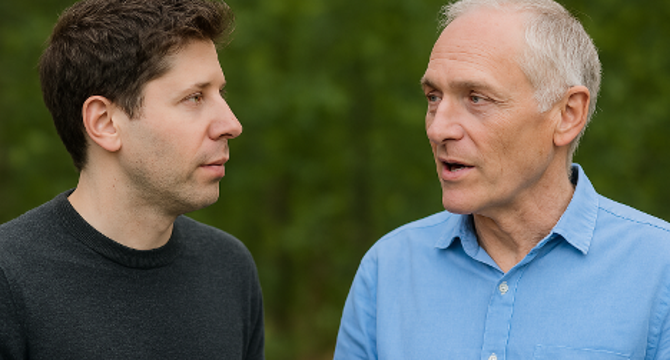Oreilly
1d
83

Image Credit: Oreilly
Copyright-Aware AI: Let’s Make It So
- The article discusses the complex issue of AI training on copyrighted material and the implications of such actions.
- The authors tested an AI model's familiarity with O'Reilly books to determine if unauthorized training occurred.
- They used a statistical measure, AUROC, to evaluate the model's access to pre-training data.
- Results show that newer AI models seem to have more knowledge of private content than public content.
- The article questions the ethics of training AI models on pirated content and advocating for respecting copyright laws.
- It highlights the importance of compensating authors and creators for their work in the AI content economy.
- There is a call for AI companies like OpenAI to track usage and pay royalties for using copyrighted material, similar to O'Reilly's practices.
- The article emphasizes the need for a sustainable AI ecosystem that respects creators' rights and incentivizes content creation.
- It suggests that AI companies should adopt practices that support copyright preservation and fair compensation for content creators.
- The article concludes by proposing a vision for AI models to engage in copyright conversations and negotiation for appropriate compensation.
- Overall, the article advocates for a copyright-aware approach in AI development to build a more ethical and sustainable content ecosystem.
Read Full Article
5 Likes
For uninterrupted reading, download the app